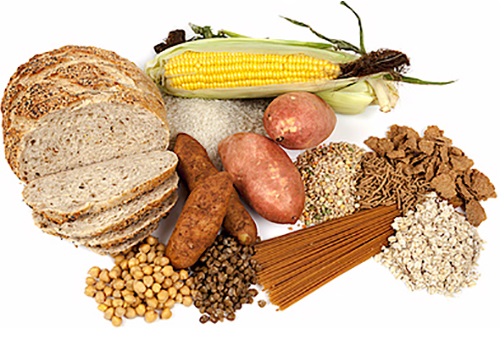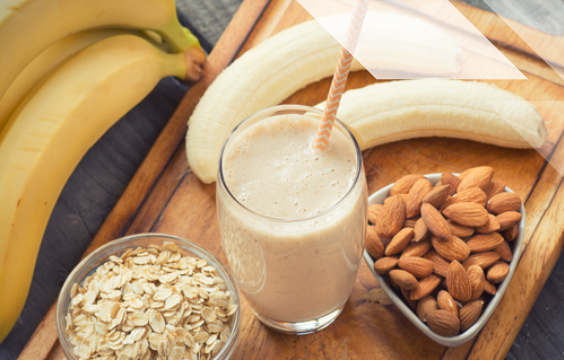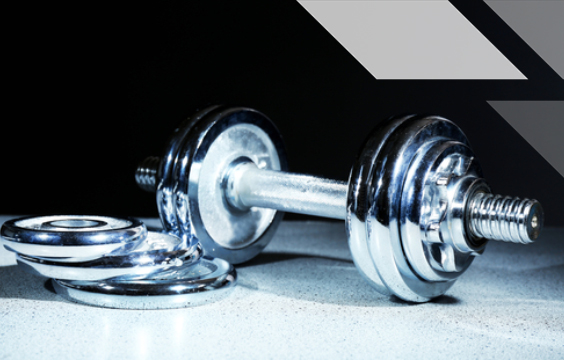
Each day you need energy for school activities, as well as for before and after school training sessions. Plan ahead! …
Read More
Type 1 diabetes For athletes living with type 1 diabetes, the cells of the pancreas that make insulin are destroyed…
Read More
As a coach you want to ensure that your athletes arrive ready to train or compete. The food they eat…
Read More
Lots of Australian kids play weekend sport at a community level. Just as important as everyday food and drinks, are…
Read More
The urgency to find a bathroom (also known as runner’s “trots” or runner’s gut) can ruin a perfectly good training…
Read More
Sports drinks and performance For optimal performance, athletes should be hydrated and adequately fuelled during exercise. Although there are a…
Read More
What is HMB?
b-Hydroxy b-methylbutyrate (HMB) is a metabolite of the branch chain amino acid leucine. It is claimed that HMB decreases muscle protein breakdown and increases muscle mass and strength development and reduces muscle damage/soreness.
Read More
Elite and recreational athletes, particularly female, adolescent or vegetarian athletes, involved in regular intensive training programs can be at risk of developing iron deficiency.
Read More
Weight loss is typically achieved by strategies that consistently result in a lower energy intake relative to the energy used. New or fad low carb diets—like Atkins or Paleo—can seem attractive, but evidence of their effectiveness over the long term is limited.
Read More
In sports where athletes compete in weight divisions (e.g. lightweight rowing, weightlifting and combat sports) there is often pressure to…
Read More
There is perhaps no other topic in nutrition that creates such debate and opinion as weight loss, particularly body fat…
Read More
How important is recovery nutrition after exercise? The importance of recovery nutrition depends on the type and duration of exercise…
Read More
Bulking up can be an important performance or aesthetic goal in the development of an athlete. Commonly, athletes will desire…
Read More
What is creatine? Creatine is a naturally occurring compound found in skeletal muscle (and the brain) that is obtained from…
Read More
What is caffeine? Caffeine is a naturally occurring stimulant found in leaves, nuts and seeds of numerous plants. Its widespread…
Read More
Distance running covers events including the 10km, 15km, half-marathon (21.1km) and full marathon (42.2km) distances.
Read More
Swimming requires a dedicated commitment to training, with elite swimmers training 6 to 12 times per week. Depending on the race distance, training sessions can cover up to 10km and include 1-2km of high-intensity sprints. As well as water based session, weight training sessions are completed several times a week by elite swimmers. Training commitments are usually lower at a school or club level.
Read More
Soccer (also known as football) is a team-based sport played in two 45-minute halves with a 15 minute break between halves. A team involves 10 players on the field plus a goal keeper.
Soccer is played all year round with the number of weekly matches varying between competitions. In Australia, the main competitive season (A-League) is played between October and March and involves a one match per week match usually on weekends.
Read More